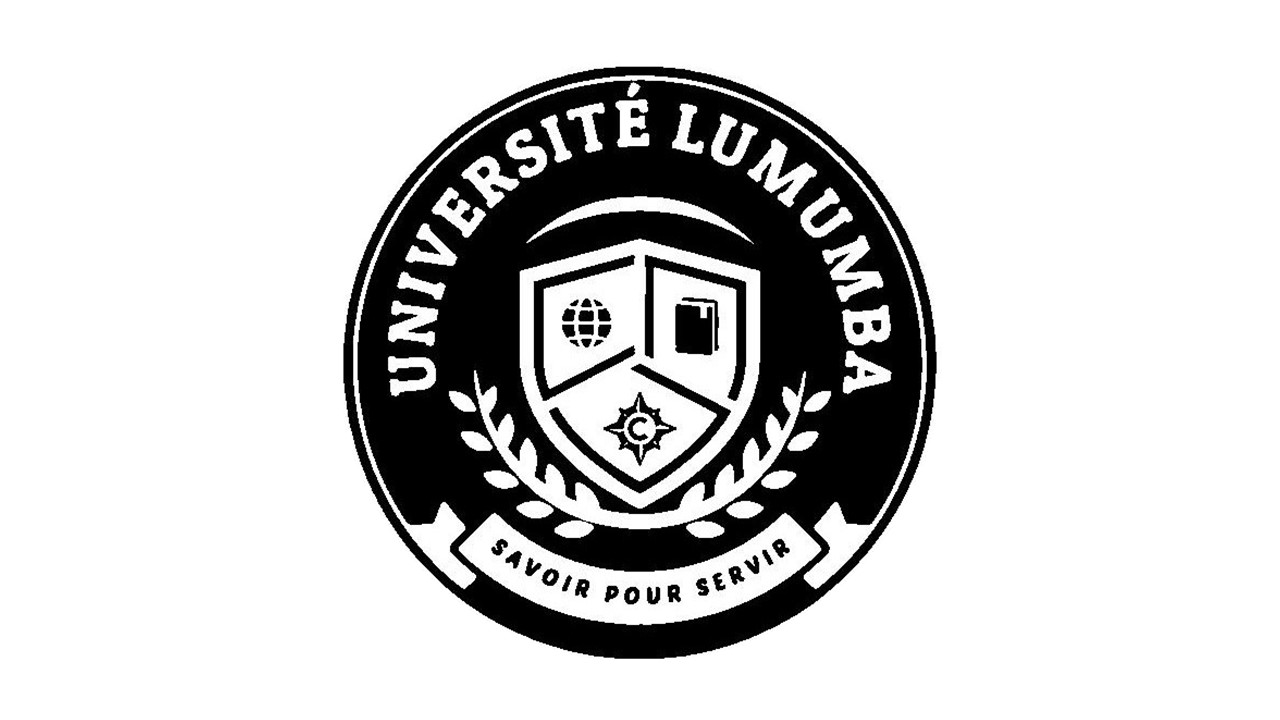Bachelor of Science in Innovation and Technology Management
Overview
This program focuses on the strategic integration of technology and innovation to solve business challenges and create new opportunities. Students begin with foundational courses in innovation frameworks, technology trends, and business strategy. The curriculum covers project management methodologies like Agile and Scrum, leadership in technological environments, and risk management for innovation projects. Advanced courses explore emerging technologies, such as AI, blockchain, and IoT, and their application in business operations. Students learn to develop technology roadmaps, manage digital transformation initiatives, and evaluate the financial and ethical implications of implementing new technologies. The program concludes with a capstone project where students design and present a comprehensive innovation strategy for a real-world problem.
Professional opportunities:
Graduates of the Bachelor of Science in Innovation and Technology Management are prepared for leadership roles where technology drives business transformation. Career opportunities include:
- Innovation Manager: Lead and oversee initiatives that develop and implement new technologies.
- Technology Strategist: Design and execute strategies to integrate emerging technologies into business operations.
- Digital Transformation Specialist: Guide organizations in adopting and managing technological change.
- Project Manager: Manage innovation-focused projects using Agile or Scrum methodologies.
- Product Manager: Develop and oversee the lifecycle of technology-driven products.
- Business Analyst: Evaluate the impact of technology solutions on organizational performance.
- Entrepreneur: Launch and manage technology-based ventures or startups.
- Consultant: Advise businesses on leveraging technology for competitive advantage and growth.
This program equips students with the skills to lead innovation, manage technology projects, and drive growth in industries ranging from tech startups to global corporations.
The program curriculum consists of 32 courses (124 credits) and is designed to be completed in 4 years as a full-time student. However, the University provides students with the flexibility to progress at their own pace.
The recommended course sequence from the University
1
2
3
4
| Total Courses | Total Credits |
|---|---|
32 | 128 Credits |
